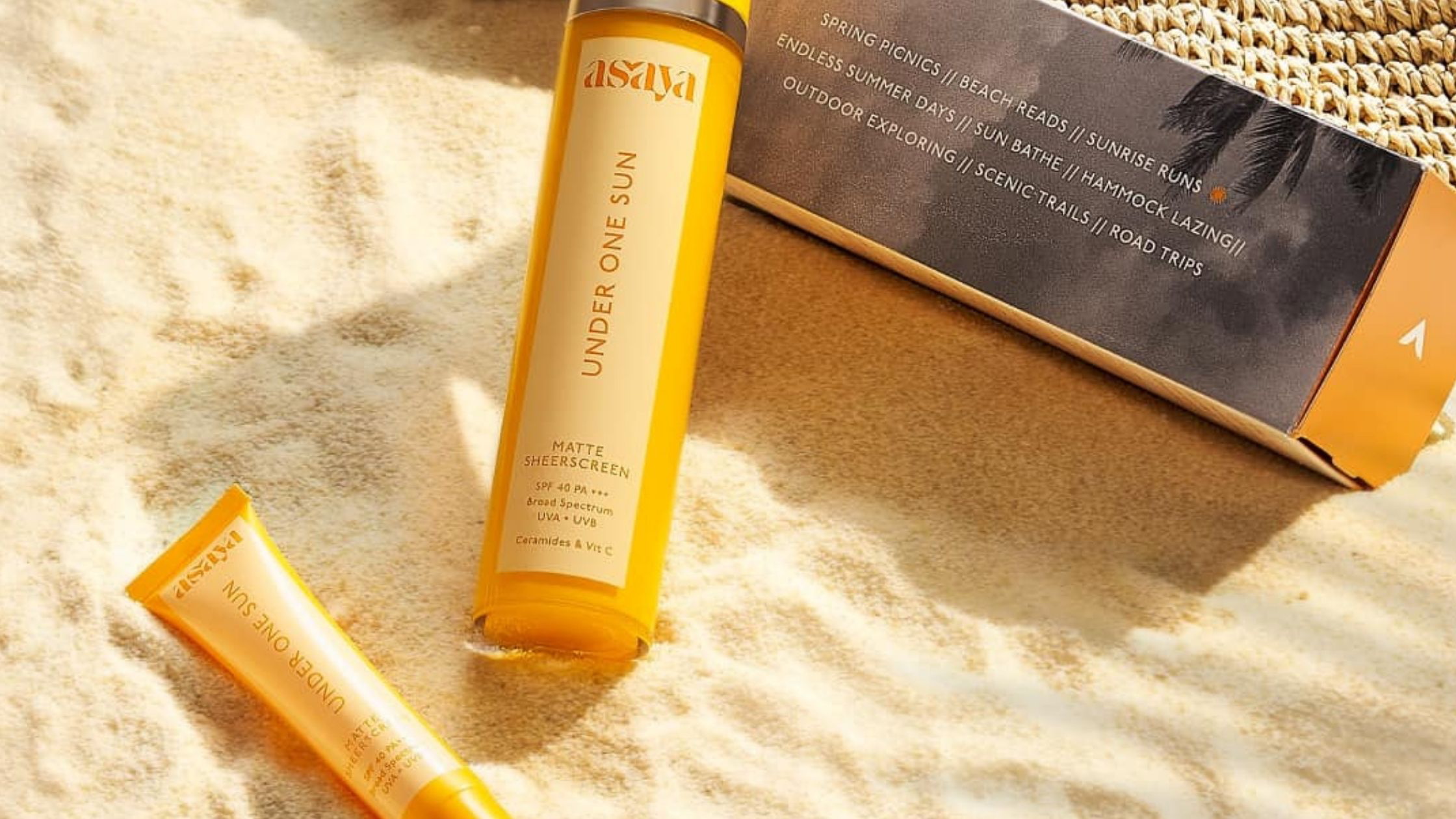Can Scrubbing Remove Tan? Here's the Answer You've Been Looking For


Living in a country blessed with abundant sunshine, you're no stranger to the effects of the sun on your skin. While a sun-kissed glow can be appealing, many of you may find yourselves wondering how to get rid of an unwanted tan. One question that often comes up is whether scrubbing can effectively remove a tan. In this comprehensive guide, we'll dive deep into the science of tanning, explore the effects of scrubbing on tanned skin, and provide you with valuable insights to help you make informed decisions about your skincare routine.
Before we address the effectiveness of scrubbing in tan removal, it's crucial to understand what happens to your skin when it tans. When your skin is exposed to ultraviolet (UV) radiation from the sun, it triggers a defense mechanism to protect itself from damage.
Your skin contains cells called melanocytes, which produce a pigment known as melanin. Melanin is responsible for giving your skin its natural color. When exposed to UV rays, these melanocytes increase their production of melanin, resulting in a darker skin tone – what we commonly refer to as a tan.
There are two main types of tanning:
Understanding these processes is key to grasping why certain methods of tan removal may or may not be effective.
Now that we've covered the basics of how tanning occurs, let's address the main question: Can scrubbing remove a tan?
The Short Answer
In short, scrubbing alone cannot completely remove a tan. While it may help to some extent, it's not a foolproof method for reversing the effects of sun exposure on your skin.
To understand why scrubbing isn't the ultimate answer to tan removal, consider the following points:
While scrubbing alone may not be the miracle tan-removal solution you're looking for, gentle exfoliation can play a beneficial role in your overall skincare routine.
There are two main types of exfoliation:
Both methods can be effective when used properly, but it's essential to choose the right type for your skin and use it correctly to avoid irritation.
If you decide to incorporate exfoliation into your skincare routine to help fade your tan, keep these tips in mind:
While scrubbing and exfoliation can help improve your skin's overall appearance, there are other methods you might consider for fading a tan:
While it's natural to be curious about tan removal, it's equally important to embrace and protect your natural skin tone. Your melanin is a powerful protector against UV damage, and it's part of what makes you unique.
Instead of focusing solely on removing a tan, consider shifting your mindset towards overall skin health. This includes:
In conclusion, while scrubbing alone cannot completely remove a tan, gentle exfoliation can be a beneficial part of your overall skincare routine. Remember that your tan is your skin's natural response to sun exposure, and it's not something that can be instantly reversed.
Instead of relying on aggressive scrubbing or quick-fix solutions, focus on a holistic approach to skincare. This includes sun protection, gentle exfoliation, proper hydration, and nourishing your skin from both the inside and outside. By taking care of your skin consistently and embracing your natural beauty, you'll be on the path to healthy, radiant skin – regardless of its tone.
Remember, every skin type and tone is unique, so what works for one person may not work for another. If you have persistent concerns about your skin or tan, it's always best to consult with a qualified dermatologist who can provide personalized advice based on your individual needs.
Your skin is a remarkable organ that deserves care and respect. By understanding how it works and treating it gently, you can maintain its health and natural beauty for years to come.